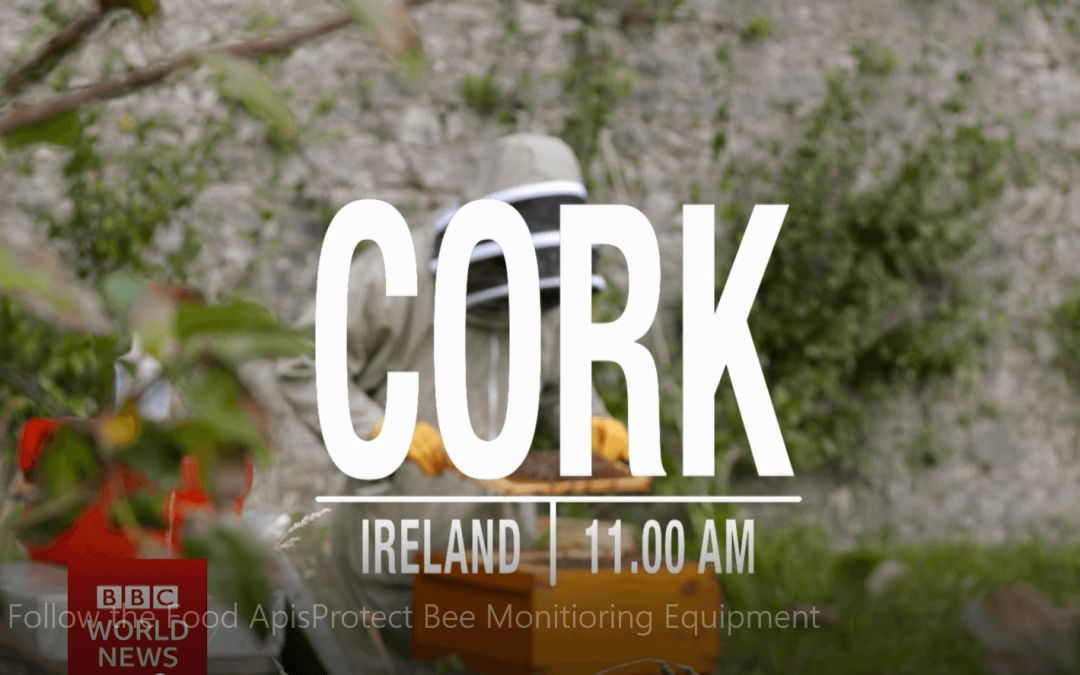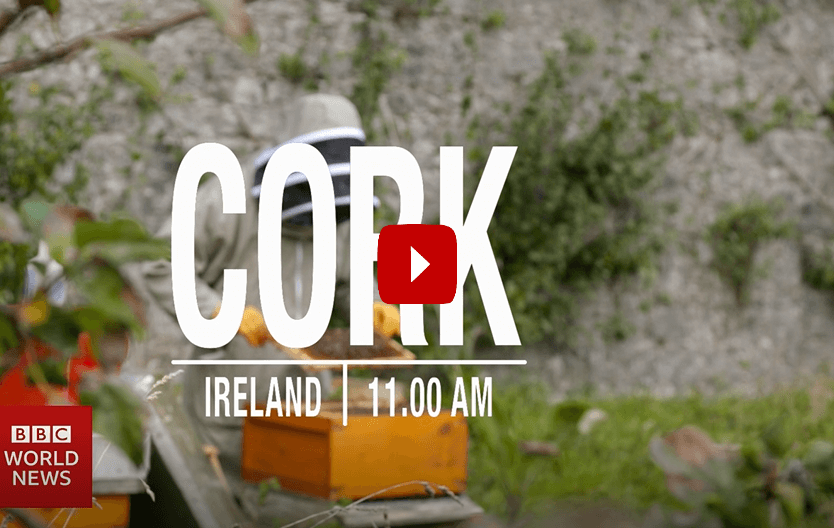Watch this short video to see a snippet of the BBC Follow the Food documentary focusing on how data can transform beekeeping.
The BBC World News series Follow the Food examines where our food comes from and how this might change in the near future with new technologies and innovative ways of farming. In this episode they explore how technology can help slow the decline of one of nature’s most critical helpers.
In a new eight-part multi-platform series called Follow the Food, sponsored by Corteva Agriscience, BBC World News, and BBC.com explore the stories behind feeding the world’s ever-growing population. Presented by renowned Botanist James Wong, the series will examine how farming, science, AI technology, and the consumer can overcome this challenge — while also asking whether the ag industry can do so in a way that doesn’t harm the planet.
Watch the trailer here. The full episode will be broadcast on BBC World News on March 12 at 8.30 pm ET/ 01.30 am GMT
In this episode, Follow the Food meets with Dr Fiona Edwards Murphy to learn more about how sensor technology can help beekeepers identify the hives that need their attention. Dr Fiona Edwards Murphy, CEO and Co- Founder of ApisProtect has spent the last ten years researching and developing sensor technology to develop a solution for this problem.
“Our science-based honey bee monitoring
technology empowers beekeepers to
manage their apiaries more efficiently,
reduce labor and transport costs, and
focus on cultivating larger and stronger
colonies. Using ApisProtect, beekeepers
can generate an additional $98 of value
from each hive per year,” she said.
Dr Fiona Edwards Murphy highlights how reliant some of the world’s crops are on honey bees.
In California, for example, the almond industry has 1.5 million acres of almonds and produces approx. 80% of the almonds in the world. Two beehives are required to pollinate each acre of almonds so for the almond pollination season over three million hives are needed.
ApisProtect is working with beekeepers that provide colonies for the pollination industry to help them to optimize their operations and grow the size and number of beehives to meet demand. With this low-cost solution, beekeepers will be able to double their gross margin per hive and reduce transportation costs by up to 25%.
ApisProtect is also working with hobbyist beekeepers in Ireland this year to help them to identify problem colonies, monitor their hives 24/7 and help beekeepers cultivate healthier and larger colonies. A limited number are available to buy now.
Follow the Food looks at how big data is helping farmers produce more and better food. Wong examines the technology that can assess thousands of plants daily, from
satellites to planes, drones to robots. He investigates how collecting live data can increase yields and meets a young female engineer who’s saving our bees, by the millions, using smart pollination.
Read more on the BBC website.


